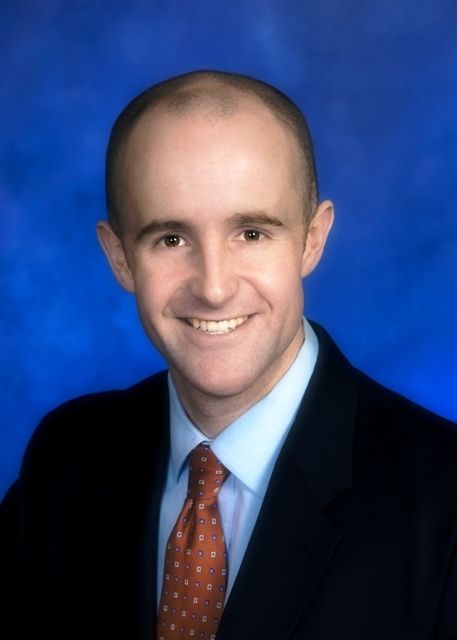Earlier this week, State Senator Benjamin Downing announced he will not seek re-election to a sixth term in November. Downing serves 52 communities of western Mass. in Berkshire, Franklin, Hampshire and Hampden counties (including Chester, Huntington and Blandford), the largest geographical district in the Senate.
In his announcement, Downing, who has served since 2007, said that he had promised himself he would not serve more than ten years. His plan now is to be vocal for the 52 communities he serves, for broadband access, energy policy and other ongoing priorities over the next 11 months.
“I don’t plan on closing my mouth now that I said I’m not running,” he said.
At 34, Downing is the third youngest member of the Senate. “This is the first term I haven’t been the youngest member of the Senate,” he said. He thinks his youth has brought a different perspective and fresh energy to the job. Calling himself a “digital native,” he said he has been better able to communicate through technology and social media.
This perspective also holds true when speaking of the challenges in his district.
“We shouldn’t be too focused on the way things used to be,” he said, adding that he heard that a lot when he was growing up in Pittsfield.
“Pushed a lot of good people out of the county,” he said.
He said the populations of the rural towns in westernn Mass. are getting older, smaller and poorer. These demographics present a real challenge, which he said is showing up first in the challenges facing the schools on how to remain sustainable, both in terms of economics and educational opportunities.
Downing said his district encompasses parts of 19 school districts spread out over the 52 communities.
“You don’t need 19 central offices to provide education for a population of 160,000,” he said.
He sees the future of education on two different paths for the region. In the short term, a shared service model that seeks to answer the question of how to use money more efficiently. For example, if someone is leaving a position in a neighboring district, look at sharing that position.
“How do we support the immediate sharing of services?” he said.
The second path is to come up with a regional plan around education. That itself presents huge problems. Downing said in the Berkshires it’s a little easier, because the school district lines are drawn by county lines, whereas Gateway, for example, has member towns in both Hampden and Hampshire counties. Downing said there is no way for every district to comfortably say who is going to make the decisions or whether they should be made on a hyperlocal or state level.
In reality, Downing said, the district he serves represents only 1/40th of the state in population. While the issues are “incredibly important,” they do not even rank on the top ten of educational priorities for the state, presenting a real challenge for district legislators.
Another issue of importance to him is broadband access.
“Broadband access has been a priority of mine the entire time I’ve been in office,” Downing said, expressing frustration that it is not yet complete in the region. “If it had been done five years ago it wouldn’t have been soon enough for me.”
He said he is “100 percent confident” that with the resources and plans in place for the last mile, whether through WiredWest, MBI or individual communities, “in two to three years there won’t be a home that wants it that doesn’t have it.”
Just last week, the Senate under Downing’s leadership passed an act authorizing the town of Mount Washington to establish, own, and operate broadband infrastructure and services. Mount Washington, which has 140 residents, plans to build a town-owned, modern, fiber-to-the-home network to provide high speed Internet access to its residents.
Downing said broadband is the 100+ years ago equivalent to not only electrifying towns, but building roads and bridges to them.
Roads and bridges are another challenging area for small towns that lack the funding to maintain them. Downing is currently working on the Regional Transportation Ballot Initiatives (Bill S. 1474), which just got through a Senate committee.
“Transportation funding everywhere in the Commonwealth is a problem,” he said, calling the ballot initiative “a solution that we have ignored that is staring us right in the face.”
The initiatives would give voters the option to vote for more transportation funding within the district where it is voted, instead of going into a general fund. He called it a tool to fund roads and bridges locally, another of his priorities.
Other priorities for the remainder of his term include net metering and solar energy, and a comprehensive energy bill.
As for future plans beyond the 11 months remaining in his term, Downing said he doesn’t know yet.
“There are ethics laws which I agree with that say if you go too far down that road, you have to leave mid-term,” he said. “It’s incredibly important to me to fulfill that term.”


